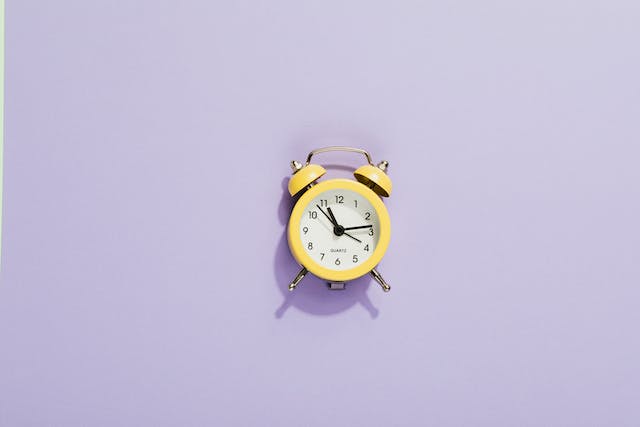
The Pros and Cons of Going 30 Days Without Sugar
Exploring the Benefits and Drawbacks of a Sugar-Free Month
Cutting out sugar from your diet can have both positive and negative effects on your overall health and well-being. Many people opt to go 30 days without consuming sugar to experience the potential benefits, yet it's essential to consider the possible downsides as well. In this article, we'll delve into the advantages and disadvantages of embarking on a sugar-free month and explore how it can impact various aspects of your life.
From weight management and improved energy levels to potential nutrient deficiencies and mood swings, eliminating sugar from your diet can lead to diverse outcomes. Understanding the potential pros and cons can help you make an informed decision and prepare for the challenges associated with reducing your sugar intake. Let's take a closer look at what you can expect during a 30-day sugar detox.
Pros
Discover the remarkable benefits of cutting out sugar from your diet for a month. From improved dental health to better skin and a potential reduction in the risk of chronic diseases, there are several advantages to embarking on a sugar-free journey. Let's explore the positive effects that a 30-day sugar detox can have on your overall well-being.
Missing a pro?
Cons
While there are potential benefits to eliminating sugar from your diet for 30 days, it's important to be aware of the possible drawbacks as well. From initial sugar cravings and mood changes to potential nutrient deficiencies and social challenges, there are several factors to consider before embarking on a month-long sugar detox. Let's explore the potential downsides of going without sugar for an extended period.
Missing a con?
Conclusion
Embarking on a 30-day sugar-free challenge can have both positive and negative effects on various aspects of your health and lifestyle. By considering the potential advantages and disadvantages, you can make an informed decision about whether a sugar detox aligns with your personal goals and overall well-being. It's essential to approach any dietary change with mindfulness and consideration for your individual needs and preferences. Whether you choose to take on the challenge or not, understanding the impacts of a sugar-free month can empower you to make conscious choices about your dietary habits and long-term health.
What do you think?
Do you think the pros outweigh the cons?









